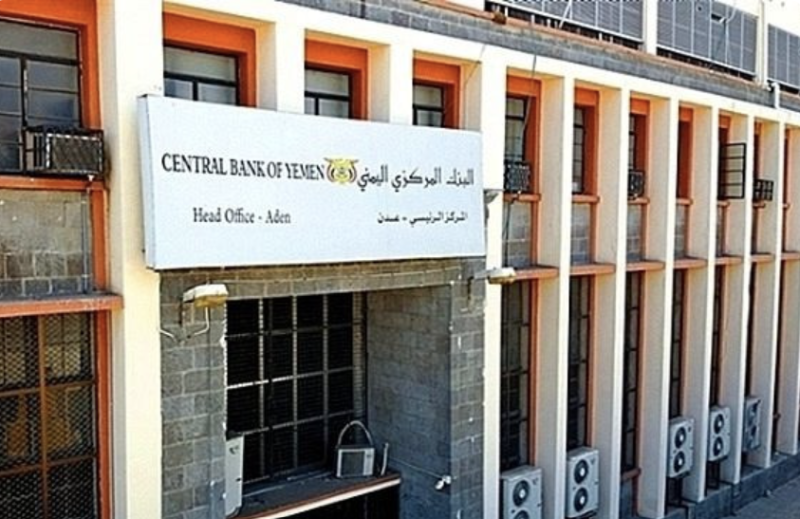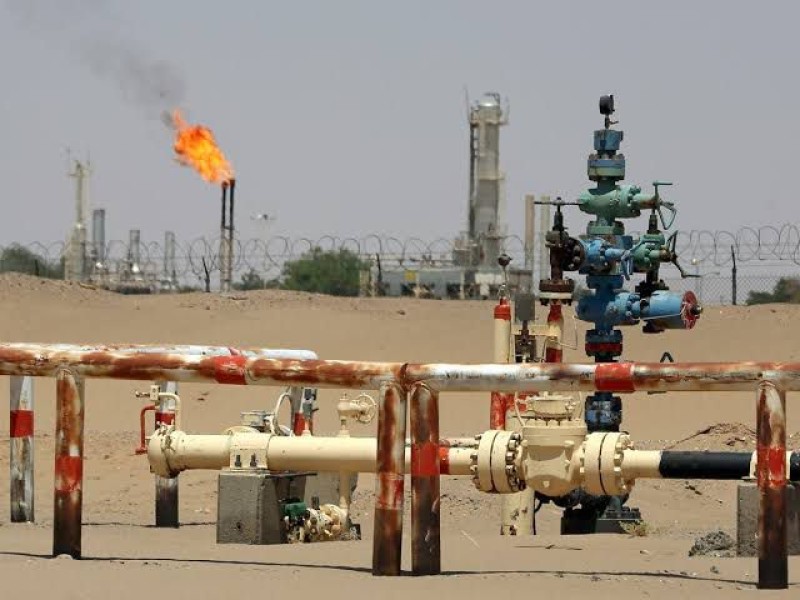Yemen’s Energy Market: Balancing Domestic Needs and Export Opportunities


Yemen’s energy market is at a critical juncture, as the country seeks to balance its domestic energy needs with the potential for lucrative export opportunities. The ongoing conflict and political instability have severely impacted the nation’s energy infrastructure, leading to a decline in production and investment. However, despite these challenges, Yemen’s vast energy resources, particularly in the oil and gas sectors, offer significant potential for growth and development.
One of the key challenges facing Yemen’s energy market is the need to address its domestic energy needs. The country has been plagued by frequent power outages and fuel shortages, which have had a detrimental impact on the economy and the daily lives of its citizens. To address this issue, the Yemeni government has been working to increase the production of oil and gas, as well as investing in renewable energy sources such as solar and wind power. This is a crucial step towards ensuring that the country can meet its growing energy demands and provide a stable supply of power to its citizens.
In addition to addressing domestic energy needs, Yemen also has the potential to capitalize on its vast energy resources through exports. The country is estimated to have significant reserves of oil and natural gas, which could be a valuable source of revenue for the nation. However, the ongoing conflict and political instability have made it difficult for Yemen to attract the necessary investment and expertise to develop these resources. This has led to a decline in production, with oil output falling from around 400,000 barrels per day (bpd) in 2010 to just 50,000 bpd in 2017.
Despite these challenges, there are signs that Yemen’s energy market is beginning to recover. In recent years, there has been a renewed interest in the country’s oil and gas sector, with several international companies expressing interest in exploring and developing Yemen’s energy resources. This has been facilitated by the partial lifting of the blockade on the country’s ports, which has allowed for the resumption of oil exports. Additionally, the Yemeni government has been working to improve the investment climate in the country, offering incentives and regulatory reforms to attract foreign investment.
One of the key factors that will determine the success of Yemen’s energy market is the ability to balance domestic needs with export opportunities. This will require the development of a comprehensive energy strategy that takes into account the country’s current and future energy demands, as well as the potential for growth in the export market. Such a strategy should focus on increasing production, diversifying the energy mix, and investing in the necessary infrastructure to support both domestic consumption and exports.
In conclusion, Yemen’s energy market offers significant potential for growth and development, despite the ongoing challenges posed by the conflict and political instability. By focusing on addressing its domestic energy needs and capitalizing on its vast energy resources, Yemen can work towards achieving a more stable and prosperous future. This will require a concerted effort from the Yemeni government, as well as the support of the international community, to attract the necessary investment and expertise to develop the country’s energy sector. With the right policies and strategies in place, Yemen’s energy market can play a crucial role in driving the country’s economic recovery and ensuring a brighter future for its citizens.

Aden — The United States Ambassador to Yemen underscored the critical importance of safeguarding the independence of the Central Bank of Yeme…

Sana’a – A new international report has confirmed that Houthi militias continue to escalate economic measures against the commercial se…

Aden — For three decades prior to the outbreak of war, Yemen’s oil and natural gas sector played a decisive role in shaping the country…